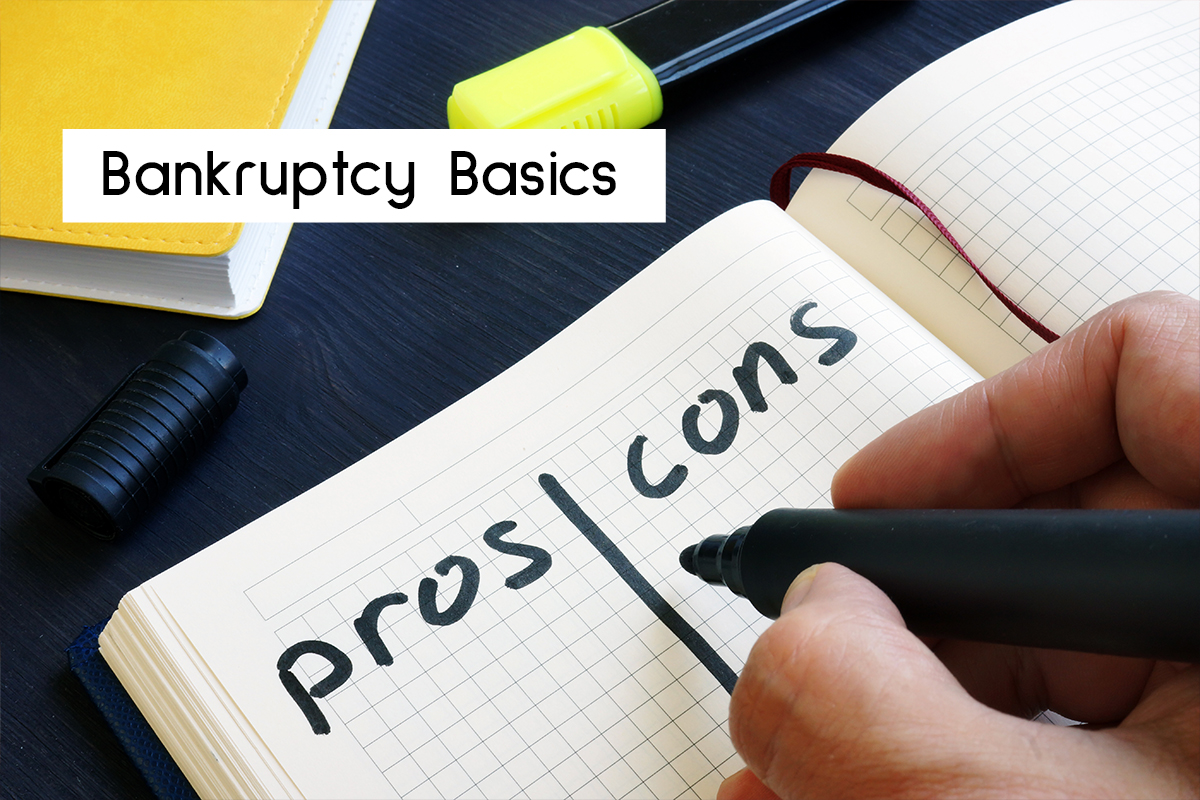What to Plan For
Your estate plan is more than just a document that directs your inheritance. It also expresses your final wishes, protects your loved ones, and can even help them determine end-of-life care for you if you become unable to make that decision yourself. When it comes to estate planning, there are many boxes to check off in order to ensure it is legitimate and legal. Check out our top 6 most important estate planning tips below, and let the Craft Law Offices help you protect your assets.
Create a Will
The first step in estate planning is gathering the documents and information you need to create a will. A will is a legal document directing all your assets and wealth after your death. Whether your plan is to pass down your assets to family members or donate everything to charity, this document is crucial to have in place before you pass to ensure that your personal belongings are handed down the way you intend. A will also determines things like who will become the guardian of your minor children, or who is to take over your business. Remember to leave your family with peace of mind knowing your affairs are in order.
Establish a Trust
A trust differs from a will, as it holds certain assets for the beneficiaries and gives you more control over when and how your assets are allocated. A trust can also help you and your beneficiaries avoid the probate process. There are various kinds of trusts, including revocable living trusts, irrevocable trusts, special needs trusts, and charitable trusts. You should choose the trust that works best for you, depending on your situation and needs.
Designate Your Beneficiaries
When creating your estate plan, determine who you want to accept your assets. This will prevent any confusion or squabbling down the road after you have passed. Designating beneficiaries will also ensure that your assets and belongings will go to whoever you intend, leaving little room for misinterpretations. You should also be sure to assign other roles, including an executor and a trustee.
Plan for Incapacity – Consider Advanced Directives
Include any advanced directives in your estate plan to protect yourself and ensure your wishes and intentions are honored. This gives you the option to appoint people in your life that you can trust to respect your wishes and have your best interests in mind when making decisions. It is never too early to begin working on your estate plan. You should always consider every possible situation, and plan for instances where you may not be in the state of mind to make crucial, life-changing decisions. Important directives to consider include:
- Advanced healthcare directive – a legal document that details your wishes for healthcare services if you become incapacitated.
- Healthcare power of attorney – an individual you choose to make healthcare decisions for you and ensure your wishes are fulfilled if you become incapacitated.
- Durable power of attorney – an individual you choose to make financial decisions in your name if you become incapacitated.
Regularly Review and Update
You may believe that after it’s all said and done, your estate plan is good to go and can be stored for safekeeping. But – it is not a one-time task! You should review and update your estate plan at least once every 5 years. You should also consider editing it if you experience any life-changing event, including a marriage, divorce, birth, death, etc. If your plan is outdated, it may be void. Keep up with your estate plan to ensure your loved ones do not have to deal with the stress or hassle of an outdated one after you are gone.
Seek Legal Assistance
The most important part of creating your estate plan is ensuring it meets the law’s requirements and will be correctly executed upon passing. We recommend contacting the professionals at Craft Law Offices to assist you in creating estate plans and updates. Our professionalism and experience will help ensure that you understand laws that may affect your situation, are aware of any tax-saving strategies, and that your estate plan is legally binding. Protect yourself and your loved ones by hiring a professional. Contact us today at 252-752-0297.












